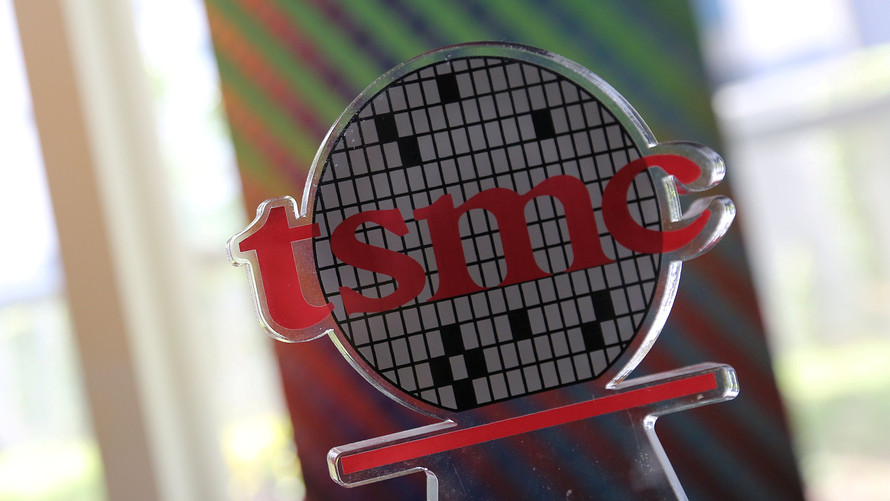
Asian stocks pared gains by midday as the U.S. dollar lost some of its early momentum.
China and Hong Kong shares turned lower, with declines in the mainland led by small-cap companies listed in the country’s south, following comments from a regulator about clamping down on high-priced stocks. The Shenzhen Composite Index SHCOMP, -0.97% was down 1.4% and the Hong Kong’s Hang Seng Index HSI, -0.61% was roughly flat.
Japanese stocks followed suit after their midday break, with the Nikkei NIK, -0.01% giving up a 0.5% gain to trade down slightly as the dollar’s rebound lost some steam.
The WSJ Dollar Index’s BUXX, +0.15% gains shrank to 0.2% by midday and the greenback fell to ¥108.80 from just below ¥109 earlier and ¥109.37 at Friday’s local stock-market close.
Last week, the dollar slid to a series of three-year lows, following comments from Treasury Secretary Steven Mnuchin that were interpreted as being accepting of a weaker dollar. The WSJ Dollar Index has fallen for seven straight weeks, the longest run since 2010.
Semiconductor stocks were stronger in Asia, building on Friday gains that were fueled by U.S. giant Intel ’s stock surge after its fourth-quarter report. Intel INTC, +10.55% reported record quarterly revenue, helped by strength in data-center demand.
South Korea’s Kospi SEU, +0.91% led gains in the region, increasing by 1.2%. Chip makers Samsung Electronics 005930, +0.87% and SK Hynix 000660, -0.26% were up by that much, the securities sector jumped an additional 3.8% and construction was up by more than 1%.
“Intel’s earnings and guidance should give some momentum into Korea tech, which is seeing a resurgence,” said S.K. Kim, an analyst at Daiwa Capital in Seoul.
Samsung Securities strategist Hyein Ok attributed the jump in tech stocks to large Korean institutional buyers, who are seeking to rebalance their portfolios by focusing on neglected sectors such as technology.
The Kospi is up 5.5% this month, and Ok said it could gain a further 3% by the end of February as concerns about the tech sector’s resilience and policy changes by the government recede.
Hong Kong-listed Wynn Macau 1128, -5.83% was recently down nearly 5%. Over the weekend, The Wall Street Journal reported that Wynn Resorts employees and others interviewed described a CEO who sexualized his workplace and pressured workers to perform sex acts. Las Vegas mogul Steve Wynn responded: “The idea that I ever assaulted any woman is preposterous.”
Meanwhile, U.S. oil futures CLH8, +0.18% rose 0.3% in Asian trading, hitting fresh three-year highs, though natural gas fell 4.4%.

